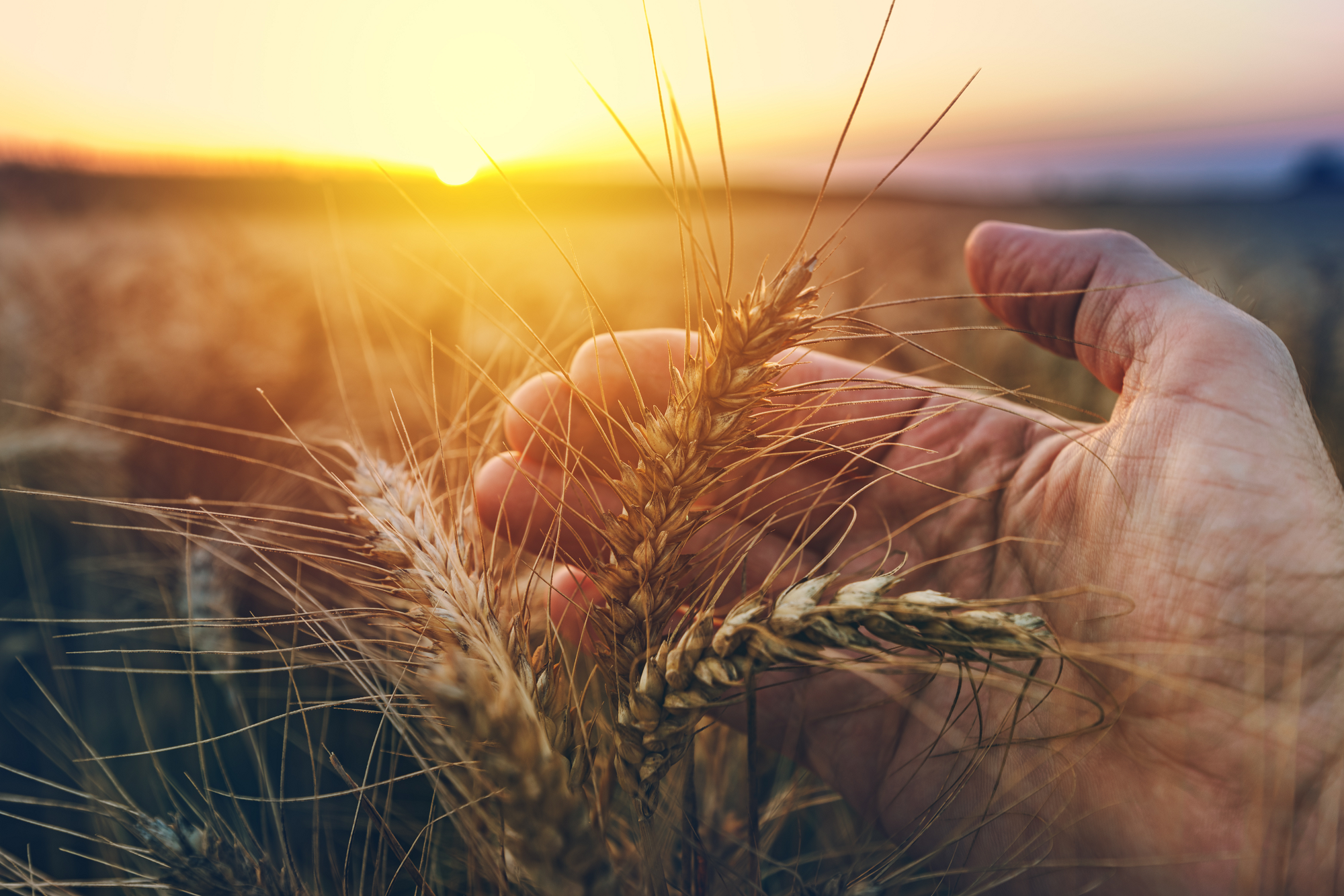

The debate about genetically modified organisms (GMOs) and their potential impact on human health has been ongoing for decades.
This discussion doesn’t just apply to baby food nutrition, it’s debated in regard to public health in general. As a parent it's important to understand the difference between GMO and non-GMO foods and their potential effects on your baby's health. The first foods introduced to your baby should be as healthy and well-balanced as possible, and making an informed decision about your baby’s nutrition is most important. Let’s delve into the science behind GMO vs. non-GMO foods and why it matters for your baby's health.
What are GMOs?
We’ve all seen the labels on food boxes in the grocery store: “Non-GMO.” But what exactly is a GMO? GMOs are genetically modified organisms, or living organisms whose genetic material has been altered in a way that does not occur naturally through mating or natural recombination. GMO crops have been genetically engineered to resist pests, diseases, and environmental stresses or to produce specific traits like larger yields or longer shelf life. Common GMO crops include corn, soybeans, and cottonseed oil.
What are Non-GMOs?
Non-GMOs, also known as "conventional" or "traditional" crops, are crops that have not been genetically modified. These crops are grown using traditional farming practices, and their genetic makeup is unchanged from their original form. This is what we want to see on the food labels we serve both ourselves, and our babies.
Why Does Non-GMO Baby Food Matter for Your Baby's Health?
Allergenicity
There is concern that the introduction of new proteins in GMO foods could trigger allergic reactions in some people. Even babies. Studies have shown that GMO foods can cause allergies in some individuals. (1) By choosing non-GMO foods, you reduce the risk of exposing your baby to new proteins that could potentially trigger an allergic reaction.
Nutritional Content
Some studies have suggested that GMO foods may have lower nutritional content than non-GMO foods. For example, one study found that genetically modified soybeans had reduced levels of key nutrients compared to non-GMO soybeans. (2) By choosing non-GMO baby solid foods, you ensure that your baby is getting the full nutritional benefit of their food.
Environmental Impact
There is concern that the widespread use of GMO crops could have a negative impact on the environment. GMO crops that are resistant to pests and diseases could lead to the development of "superbugs" and "superweeds" that are resistant to pesticides and herbicides. By choosing non-GMO foods, you support sustainable farming practices that are better for the environment and are offering only the best first foods for your baby.
Unknown Long-Term Effects
One of the major concerns about GMO foods is the unknown long-term effects on human health. GMO foods have only been available for a few decades, and there is still much to learn about their potential impact on human health. By choosing non-GMO foods, you are avoiding potential risks associated with consuming genetically modified foods. This uncertainty doesn’t sit well with most parents who want to feed their baby scientifically proven healthy foods.
Preservation of Biodiversity
The use of GMO crops can lead to the loss of biodiversity, as crops are genetically engineered for specific traits and planted in monocultures. This can lead to the loss of important genetic diversity and increase the risk of crop failure due to disease or environmental stress. By choosing non-GMO foods for your baby, you support biodiversity and the preservation of natural ecosystems.
Labeling
In many countries, GMO foods are not required to be labeled, making it difficult for consumers to make informed decisions about the foods they are buying. This is especially unsettling for first-time parents, who are already uncertain about what to feed their baby. By choosing non-GMO foods, you are supporting transparency in the food industry and making it easier for consumers to make informed decisions about the foods they are buying.
While there is still much to learn about the potential effects of GMOs on human health, there are several reasons why choosing non-GMO foods is important for your baby's health.
By reducing the risk of allergenicity, ensuring full nutritional content, supporting sustainable farming practices, avoiding potential unknown long-term effects, preserving biodiversity, and promoting labeling transparency, you can help ensure that your baby is getting the healthiest and most nutritious food possible.
References:
https://www.ncbi.nlm.nih.gov/pmc/articles/PMC6125884/
